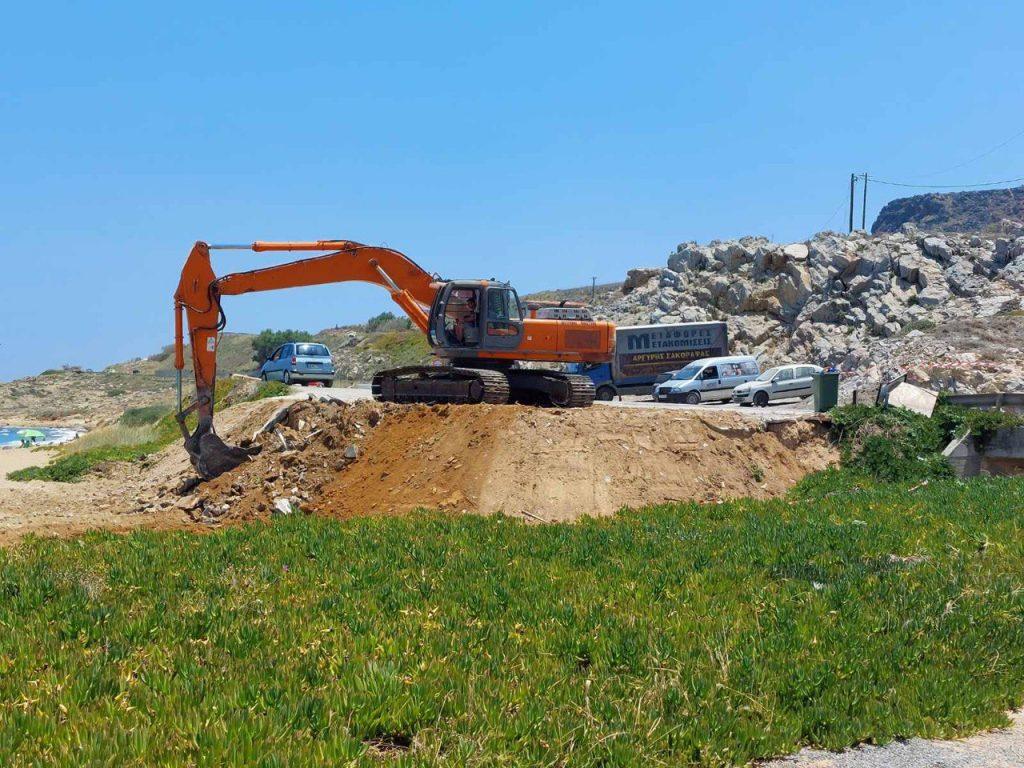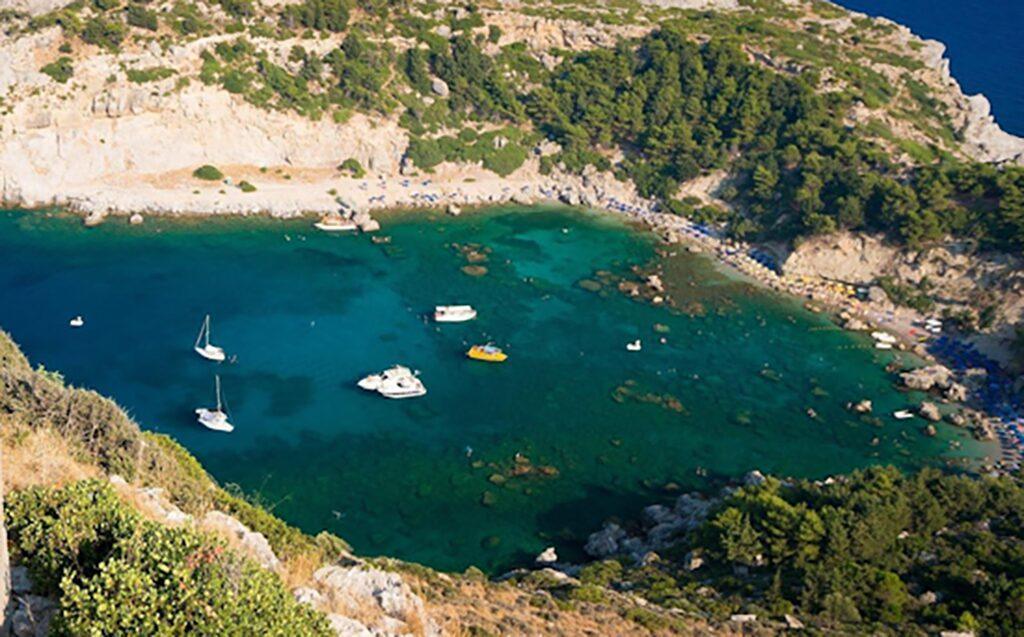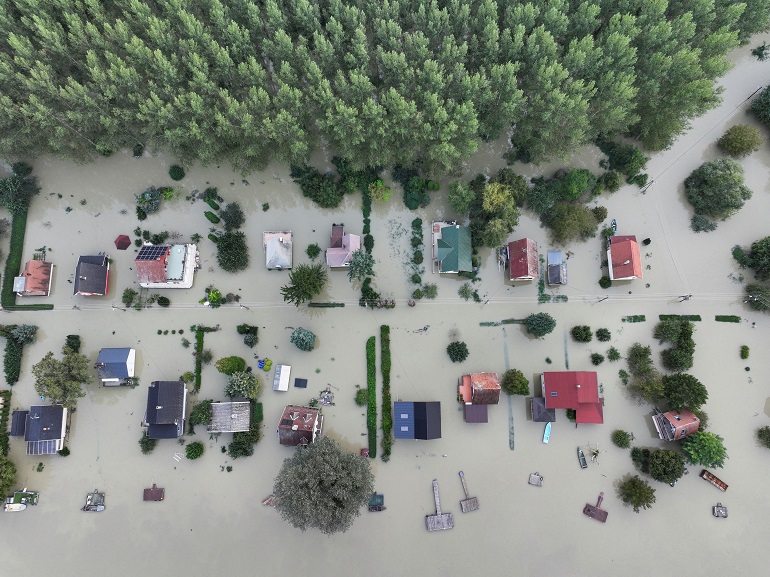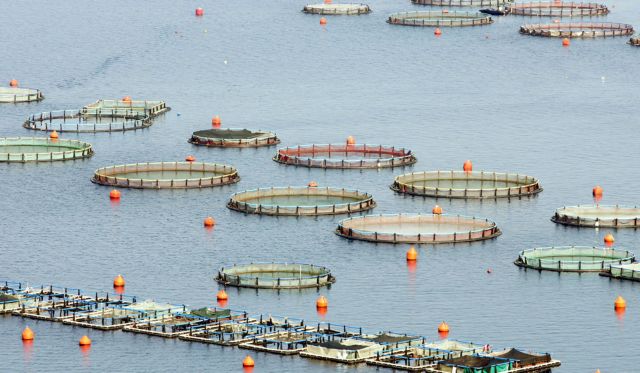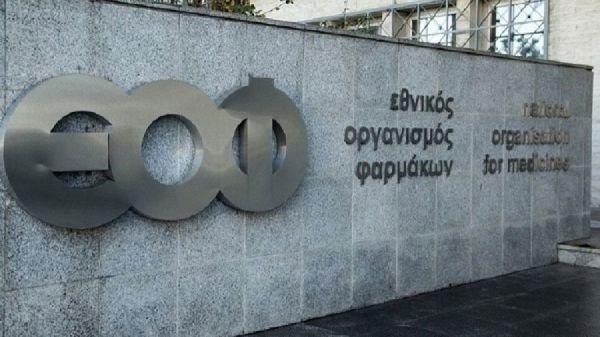“I left my voice in Washington. But I will probably leave my heart in Athens.” US Secretary of State Anthony Blinken, said from the moment he landed in Athens – the birthplace of Democracy, as he wrote on Twitter – until the time of his departure and repeated several times the importance of Greece-US relations, emphasizing that they are closer than ever and with a definitive perspective. He also characterized Greece as a protagonist with a leading role in the developments concerning energy security in the region, seeing in Athens the possibility of uniting energy from two continents: Europe and Africa. And he underlined the role of Athens in the weaning of Europe from Russian gas. He praised the strategic importance of Alexandroupolis, which has grown dramatically in the shadow of the Russian invasion of Ukraine. He also showed that the Ukrainian issue and the dimensions it has taken, creating the conditions for a new Cold War, is what mainly concerns the USA. And because of thisWashington is again turning its gaze to the Eastern Mediterranean. He was also in favor of the Greek request for the F-35s, which will also strengthen NATO’s Southeast wing. While in the framework of the opening of the fourth round of the Strategic Dialogue, the renewed Greek-American mutual defense cooperation agreement (MDCA), the joint trainings, but also the expansion of the US footprint on Greek soil, noting beyond Alexandroupoli, the Larissa base, were particularly mentioned. but also recalling the role of Souda. Statements that satisfied Athens, mainly in terms of communication.
On Turkey
Blinken also spoke about Turkey on the occasion of the earthquakes. He praised the policy of Athens to rush to help in favor of its neighbor and spoke of “ethics” and “philotimo” [sense of honor]. The lull in tension that resulted from the tragedy of the earthquakes in Turkey made Blinken talk a lot about climate change and the need to resolve the differences in a diplomatic way, which will lead to great opportunities for both countries. Away from provocations and inflammatory rhetoric. With the US standing by to support such initiatives. Without, however, making any specific plan or showing a disposition for such a thing. Even if the general call for dialogue was heard repeatedly.
Distances. Blinken’s statements and distancing from difficult issues, such as the Turkish-Libyan memorandum, which he agreed with the statements of Nikos Dendias in general, that it is illegal and non-existent and Libya should be led to elections, but without condemning practices and specific policies, were indicative of intentions.
The goal of the US is for its NATO partners and allie,s Greece and Turkey, to cooperate for security in the region and not cause additional problems. Certainly the climate in Athens was more comfortable and friendly than in Ankara. Based on the body language that many were quick to interpret.
According to analysts and diplomats, even if there is no ground for solutions, the change of climate in Athens and Ankara after the earthquakes, which forces a change of rhetoric here and there, gives the opportunity for “stability” in the context of the absence of developments. Negative or positive. A state of calm, which even if it does not lead to the next step does not make waters. And this immobility is still practical, in the present circumstances, since it means that it does not lead to a new explosion of tensions. With stagnation translating into stability becoming a key word. Given that there is no shortage of pre-election temptations in both Ankara and Athens.
The visit of the American Foreign Minister to Athens did not in fact stir the waters and did not bring anything new. He reaffirmed Greece’s firm commitment to the US and NATO, its intention to continue to serve its role in relation to energy security and defense in a region of geostrategic importance, and sent a message to Ankara and Athens that interest now dictates let the tones fall. For now this is enough.
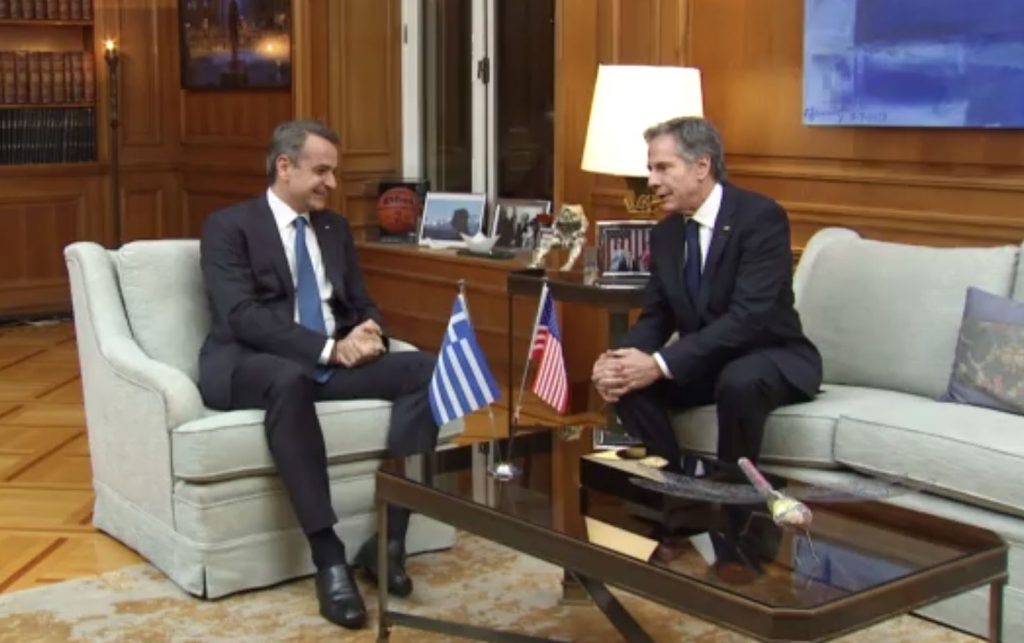


![Δημόσιοι υπάλληλοι: Οι αυξήσεις στις καθαρές αποδοχές [παραδείγματα]](https://www.ot.gr/wp-content/uploads/2025/12/dimosio1.jpg)





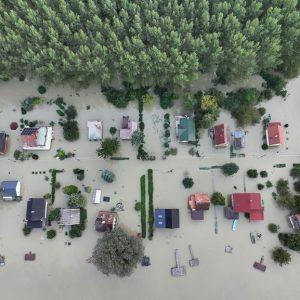

![Επαγγελματικά ακίνητα: Στα ύψη οι τιμές ενοικίασης – Οι περιοχές [πίνακες]](https://www.ot.gr/wp-content/uploads/2025/12/graf-1024x551-1.jpg)
